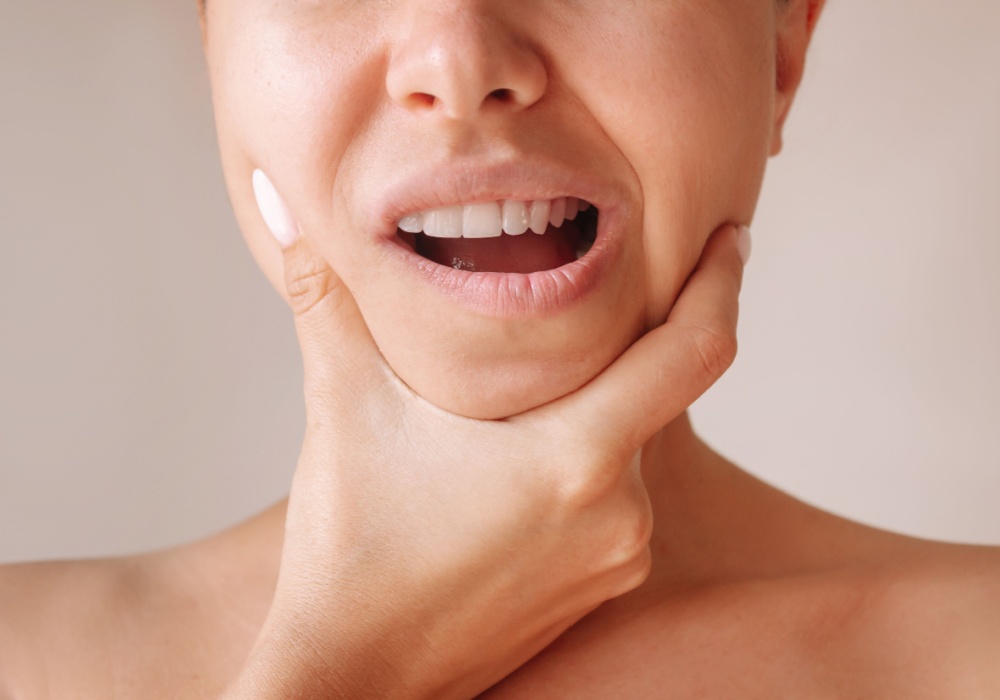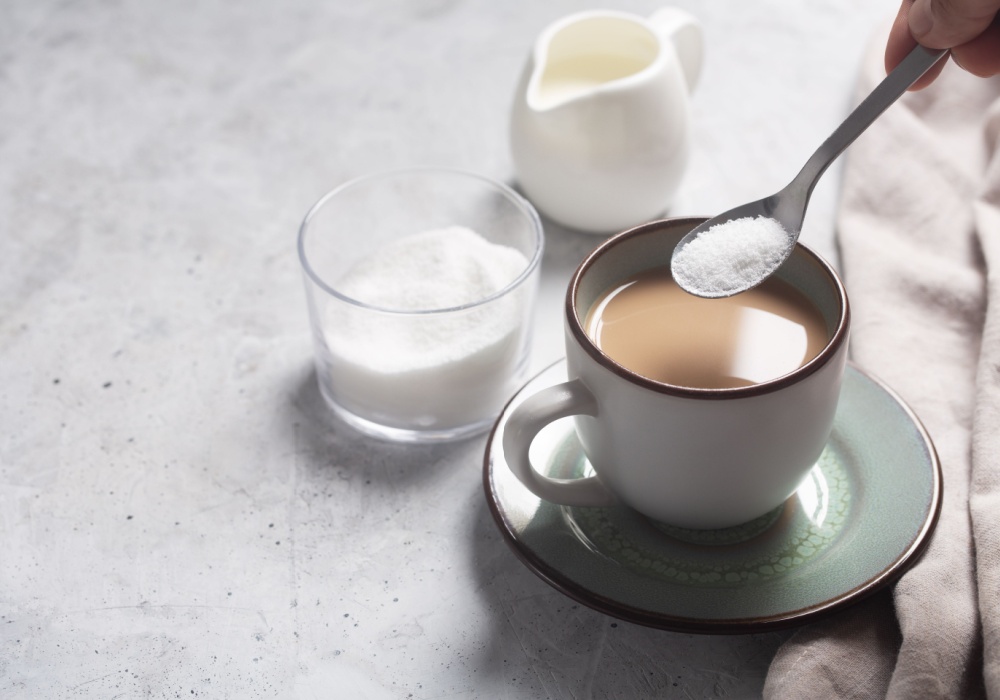Whether sweeteners contribute to tooth decay is a common concern, especially for those looking to reduce their sugar intake without sacrificing sweetness. Let’s delve into the science behind sweeteners and oral health to uncover the truth.
Understanding Tooth Decay
Tooth decay happens when the bacteria in your mouth feed on the sugars and starches that stick to your teeth. The American Dental Association (ADA) explains that these bacteria produce acids that can wear down your tooth enamel, eventually leading to cavities. So, it’s not just about eating sugary foods, but also about how often you eat them and how well you care for your teeth. Regular brushing, flossing, and dental check-ups can help keep those pesky cavities at bay.

The Role of Sweeteners
Unlike regular sugar, non-nutritive sweeteners such as Splenda (sucralose) do not contribute to tooth decay. A comprehensive review published in the International Journal of Dentistry highlights that non-nutritive sweeteners do not metabolise by oral bacteria; hence they do not produce acids that erode tooth enamel. This makes them a tooth-friendly alternative for those concerned about cavities.
Multiple studies support the notion that sweeteners like Splenda are safe for teeth. For example, a study in the European Journal of Dentistry concluded that artificial sweeteners do not have the cariogenic (cavity-causing) properties that sugar does. Furthermore, the American Academy of Paediatric Dentistry has endorsed the use of non-nutritive sweeteners as part of a balanced diet to reduce the risk of tooth decay.

Practical Tips for Oral Health
Remember the following points:
- Choose Non-Nutritive Sweeteners: Adding sweeteners like Splenda to your diet can help you reduce added sugar and enjoy sweet treats.
- Maintain Good Oral Hygiene: Brush your teeth twice a day, floss daily, and visit your dentist regularly.
- Limit Sugary Snacks: Reduce your consumption of sugary and starchy foods as they can contribute to plaque formation.





